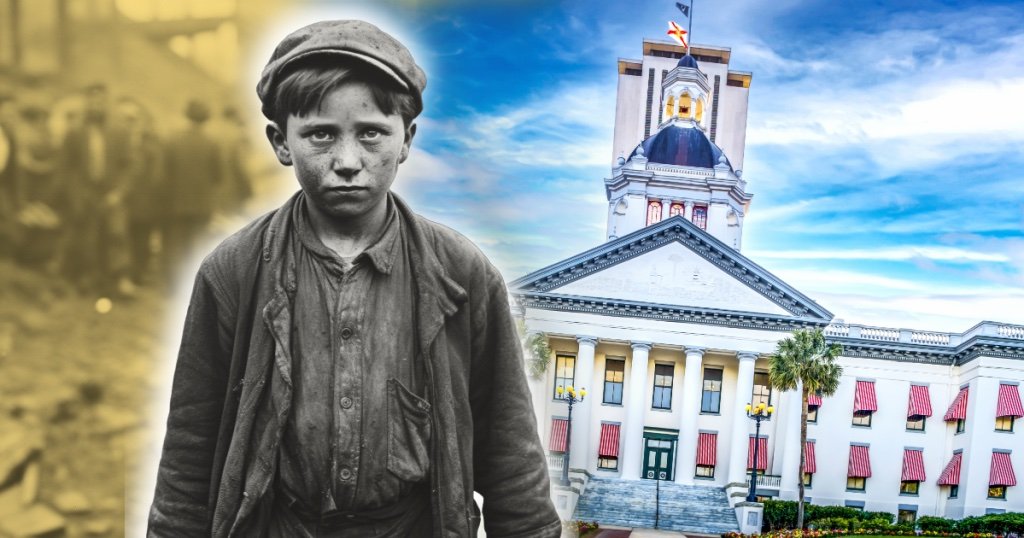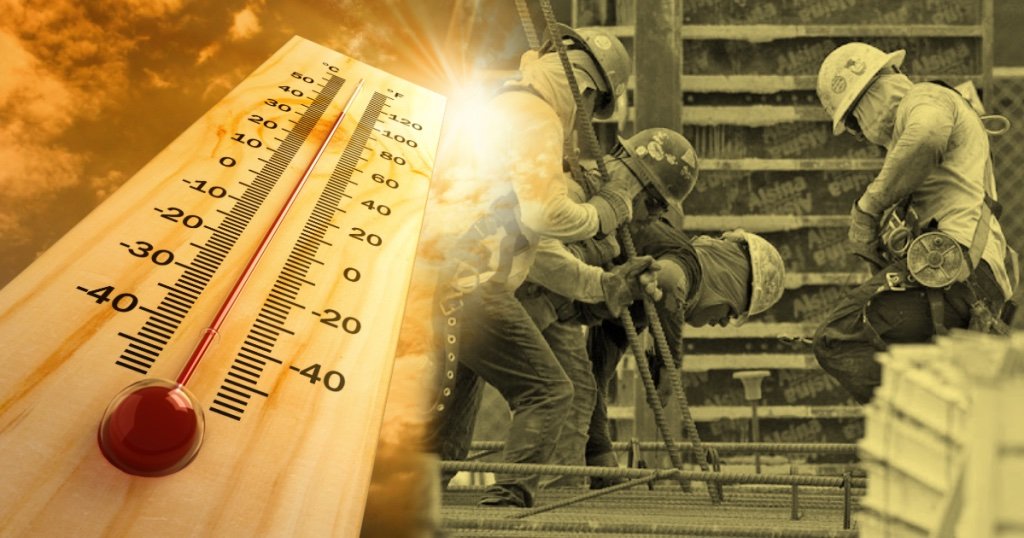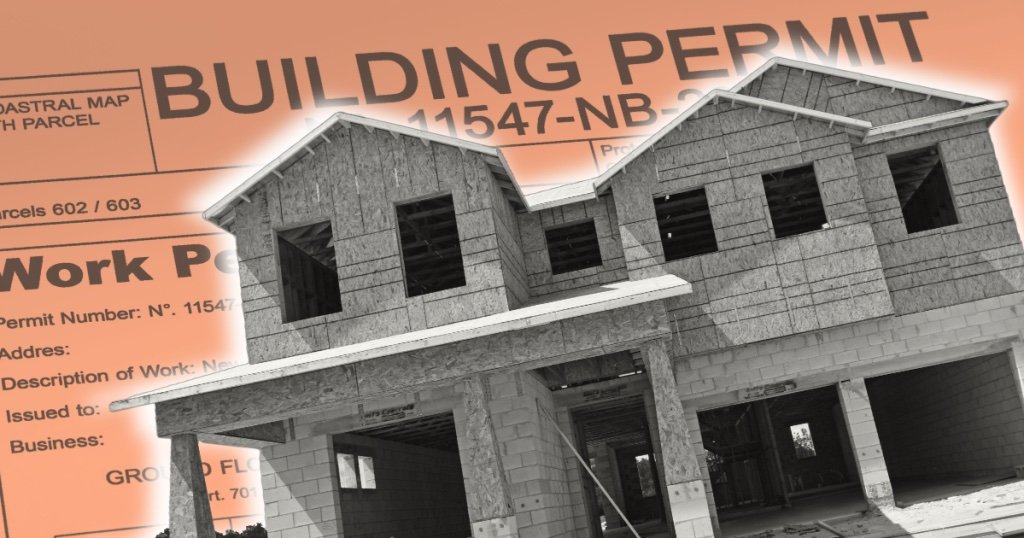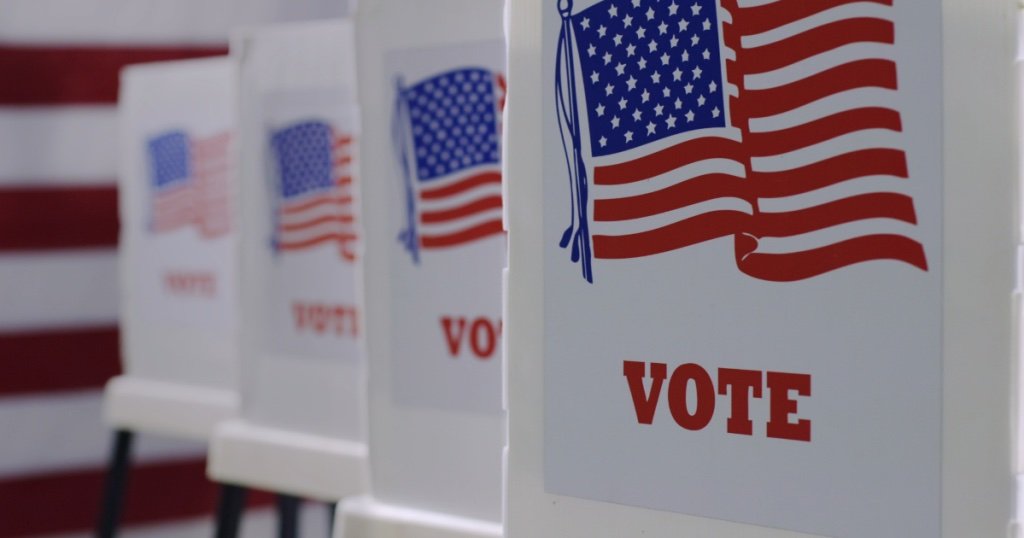The 2024 Legislative Session Promises a Rollback of Labor Protections
The Florida Legislature convened for its 2024 legislative session on January 9 with speeches from Gov. Ron DeSantis, the president of the Florida Senate Kathleen Passidomo and the Speaker of the Florida House of Representatives, Paul Renner. As usual, Opportunity For All Floridians is tracking bills and initiatives that touch on our mission of advocating for economic fairness, protecting Florida’s environment and animals, preserving local control, and strengthening our democracy. Here are some key bills we’re watching that you may not have heard about.
Home Rule and Economic Fairness
A Rollback on Child Labor Laws
Tallahassee lawmakers backed by corporate lobbyists want to roll back important child labor protections and allow giant corporations to employ kids to work overnight shifts and longer hours, even during the school day.
House Bill 49 and Senate Bill 1596 would roll back decades of child labor protections in Florida. This legislation would allow employers to schedule 16- and 17-year-olds for unlimited hours, without breaks, overnight, and for more than six days in a row — whether during school months or not. HB 49 also preempts (or blocks) local governments from passing curfews for teen workers that are stricter than state law.
Heat Exposure and Local Minimum Wages:
Two bills put these attacks on local control on display. House Bill 433 – the “Workplace Heat Exposure Requirements” and Senate Bill 1492, “Employment Regulations” are similar bills that simultaneously undercut the authority of local governments to protect worker wages and worker safety while also voiding already existing local minimum wage laws.
House Bill 433 preempts any local laws meant to control any employee’s exposure to heat or sun along with any regulations about water consumption, cooling measures or even posting materials to inform employees how to protect themselves from heat exposure. If that weren’t enough, the bills would make null and void and local laws establishing a minimum wage for local government contractors or vendors. That would dissolve a number of “living wage” laws that protect tens of thousands of workers in cities like Miami, Tampa and Gainesville.
Local Building Permits:
We also join with groups like the Florida League of Cities, which are alarmed about legislation which would strip local governments of their discretion in issuing residential building permits. House Bill 267 (sponsored by Rep. Esposito) and Senate Bill 684 (sponsored by Sen. DiCeglie) would require local governments to create a program to expedite issuing residential building permits.
Among other provisions, the deadline for local governments to respond to residential permit applications would be reduced from 10 to 3 days, with these permits automatically approved if the deadline is not met. Deadlines for residential permits within master-planned communities would be set at 1 day, with automatic approval for failing to meet the deadline. Building permits issued would be valid indefinitely but must comply with subsequent changes in the state building code or local government rules or ordinances.
Democracy
Eliminating Universal Vote-By-Mail
A new bill filed in the Florida Senate by Sen. Blaise Ingoglia (R-Spring Hill) would eliminate universal voting by mail in Florida.
Under this bill, (Senate Bill 1752) a voter would have to sign a certificate swearing:
he or she would be absent from their home county on election day or the early voting period,
have a physical illness or disability preventing them from going to the polls,
be a patient in a VA medical facility or
be in jail awaiting trial.
Anyone who lies on the form could be convicted of a felony, fined up to $5,000 and imprisoned for up to five years for voter fraud. In addition, a voter would have to submit a separate request to vote absentee by mail for every single election, including primaries.
Attacks on Direct Democracy
Then, there is the attack on Florida’s citizen-led ballot initiatives, the process by which we have won important state constitutional amendments, such as legalized medical marijuana, banning dog racing, and more. Citizen-led ballot initiatives must go through a number of hurdles already. The process requires gathering hundreds of thousands of signatures, judicial review and approval, and finally gaining a supermajority of 60% of voters to pass, so all successful measures must gain some bipartisan support.
In a repeat of a bill that has been introduced for the last three years, Rep. Roth has introduced a bill to make the citizen-led ballot initiative process even harder — moving the bar from 60% up to 66% in order to pass. If HJR 335 is successful, it will mean shady special interests and dark money can trample the wishes of the electorate with no recourse.
Environment and Animals
Mangrove replanting:
In Florida, mangrove forests are a tourist attraction, but they are also critical to our wetland ecosystem. They provide habitats for hundreds of organisms above and below the water level. They also naturally filter water for pollutants. The mangroves also protect our shorelines from storm surge damage. There are few natural wonders in our state more beautiful than kayaking through a mangrove tunnel.
As our population has grown, many mangroves have been destroyed or died. SB 32 would fund an effort to plant more mangrove trees and restore our beautiful coastline.
Everglades Protection:
Another bill we support is a bill (which has been introduced for the past several years but never brought to a vote) which would create a protective review process for proposed projects within two miles of the Everglades. The pair of bills (House Bill 723 / Senate Bill 1364) aim to protect the Everglades Protection Area (EPA), which is a vital ecosystem and a major source of drinking water for millions of people in South Florida.






